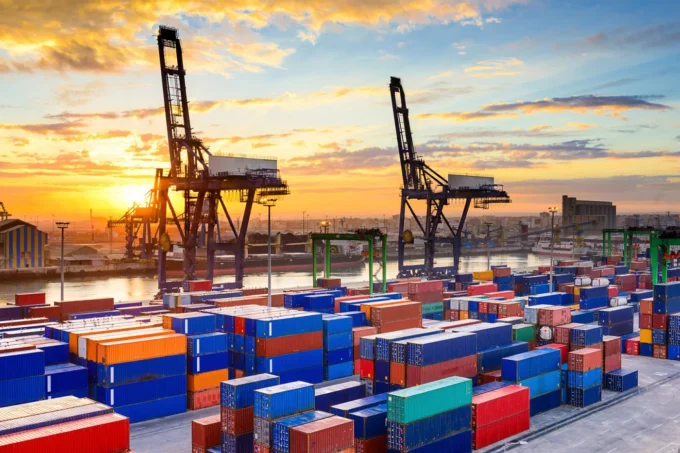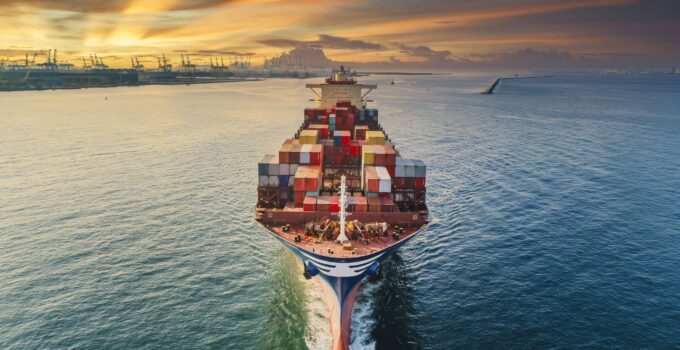Many companies are looking forward to spreading their business into international trade. However, there are many potential obstacles in that path that you must be aware of, especially when it comes to legal terms.
There are other important factors as well, such as proper marketing strategy and logistics for transferring goods overseas. Still, legal obligations are something that you will need to resolve before other actions.
The main challenge is that official regulations may be different in other countries, which can affect your business in many ways. Therefore, the best solution is to hire professional assistance that will help you keep track of these requirements. If you are interested in this type of support, visit this site. Also, we are going to introduce you to some of the most common legal issues in international trade.
1. Potential Exporting Challenges

Source: uexternado.edu.co
The first thing to do when you are planning to sell some product overseas is to check about regulations in all countries where your brand will be available. There are all kinds of regulations, and some of them might surprise you, but they can also prevent you from selling to particular countries. These regulations are related to equipment that can be used for military purposes, but also various food and beverages.
For example, there are some types of candies and chocolate products with toys that are very popular in Europe but banned in the US since the toy is inside the product. In most cases, there will be available details related to these regulations, and it is crucial to read them so you can create a list of countries that you can target with your products without risking any chance of facing legal issues.
2. Structure of Your Business
The tax liability is one of the most important details to check when you want to operate in another country. These rules can be quite complex since you can find different regulations in each country. For example, some of them might require you to pay additional fees even if you are not registered there.
Also, another challenge is related to your customers and how some regulations might affect them when they decide to buy something from you. Besides that, there are places where you will have to be registered as a company even if you have a small online store.
3. Protection of Customers

Source: uexternado.edu.co
When it comes to protection, it is mostly related to contracts where you will find a way to guarantee that the goods will be delivered, and provide the client with the option to activate a legal process even if you are from another country.
Another element is the protection of users on online platforms. If you have an online store where users can register by sharing personal information and details of their bank accounts, you must implement proper layers of security that will keep their data safe.
If you are selling goods, it is crucial to create proper terms of agreement and present them to your customers. These terms must follow the current regulations of the country where you are operating. On the other hand, if you are working with private parties and offering certain services, things could be even more complicated.
That is the main reason why you need an expert in this process since there must be a detailed contract created that will protect both sides, and secure that everything is done according to the law.
4. Potential Importing Difficulties
This part is similar to those related to exporting goods and services to other countries. For example, if you need additional resources for your manufacture or you simply want to resell products, keep in mind that it very much depends on the country from which you want to import it. It is related to current relations between two countries on the global market.
If you live in the EU, and you want to import goods from another member of this union, there won’t be any issues. On the other side, importing goods from China as a company based in the US might be a problem since there are stricter regulations in this case, especially when it comes to appliances, cosmetics, medical equipment, food and beverages, and more.
5. Issues With Copyrights

Source: 501c3.org
There are many cases where companies are applying for copyrights and trademarks only for the domestic market. Therefore, if you somehow disrupt these copyrights by offering a product that is going against the regulations related to patents, designs, and other details, your product and even the company could face some restrictions and even a complete ban from some markets.
Therefore, the best solution is to get the right license. It depends on the markets you are targeting. For instance, getting the approval to sell certain products to people in the EU. You should do the same thing with the terms of the contract that you are offering to clients. It will be much easier and affordable if you focus on a couple of countries and follow their regulations to become active on their markets.
6. Taxes
This is another common reason why some companies could face legal issues. There are various laws that are regulating the market and international trade. Also, we have to mention that there could be high variations in these laws from country to country. Avoiding paying taxes even when there is a clear law that is regulation foreign trading business as well, you can expect to face legal issues.
The Bottom Line
The worst things that can happen is to face a complete ban in some country. That will negatively affect your status on global market as well. In that matter, dealing with all these details is very important. Therefore, the first step is to always create terms that will follow the existing laws.
Since that can be very complicated, hiring a professional support is always the right choice. In the end, be aware that some of these laws could affect your profit as well by adding additional fees, taxes for export and import, and more.







